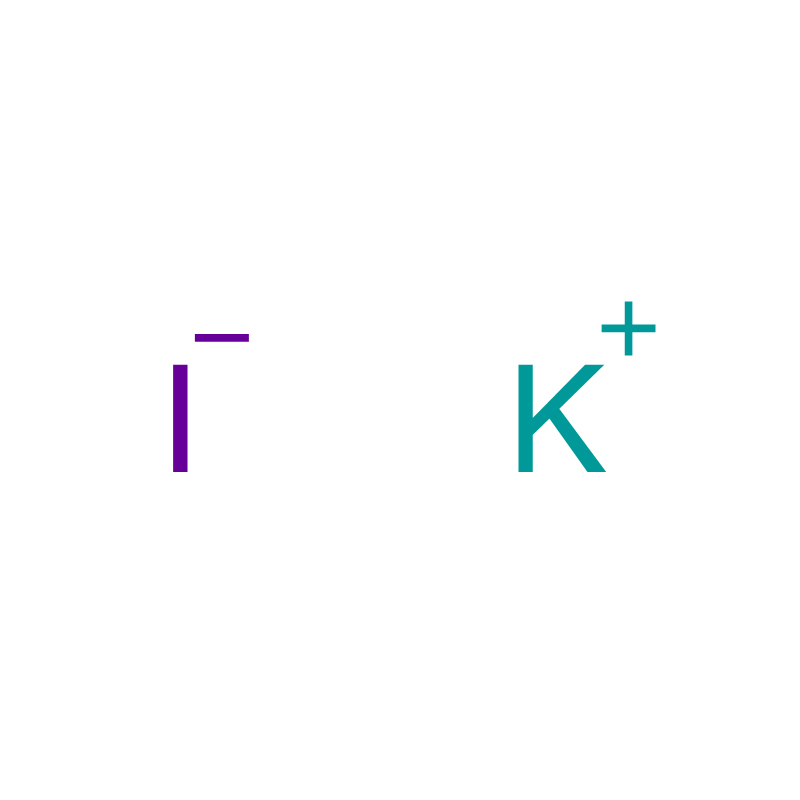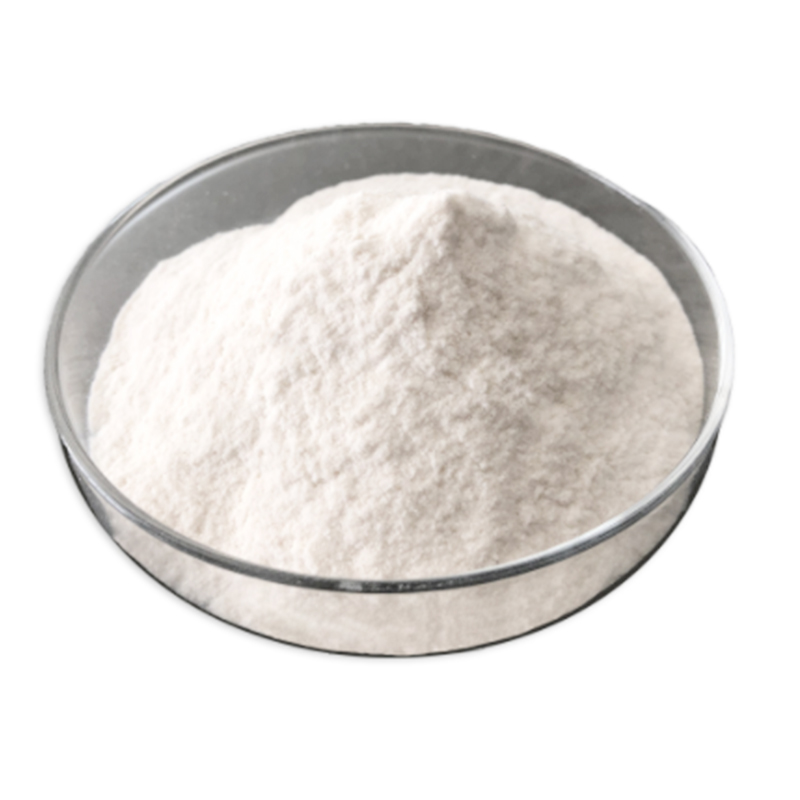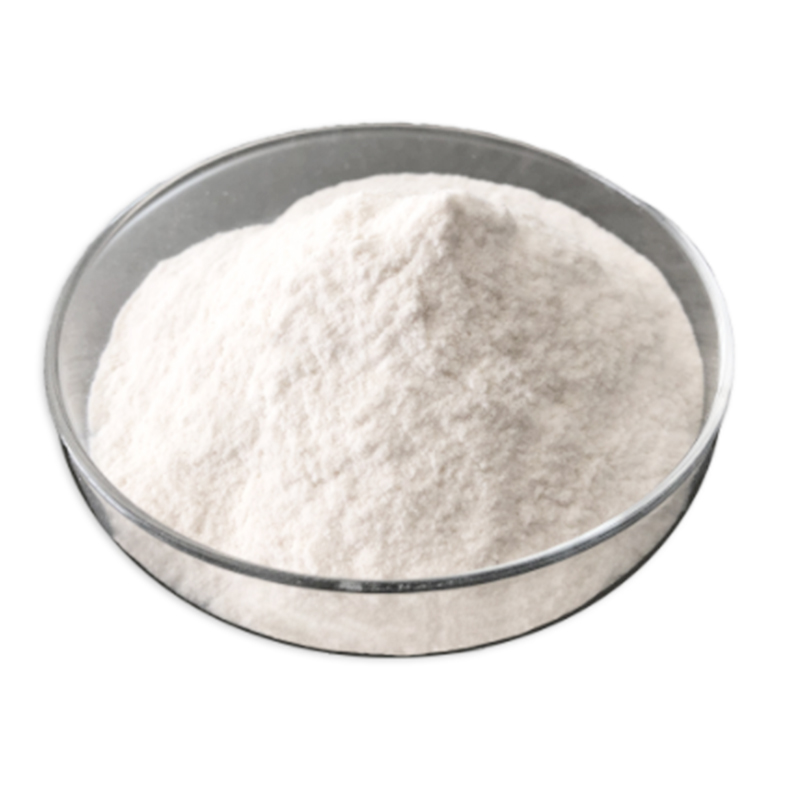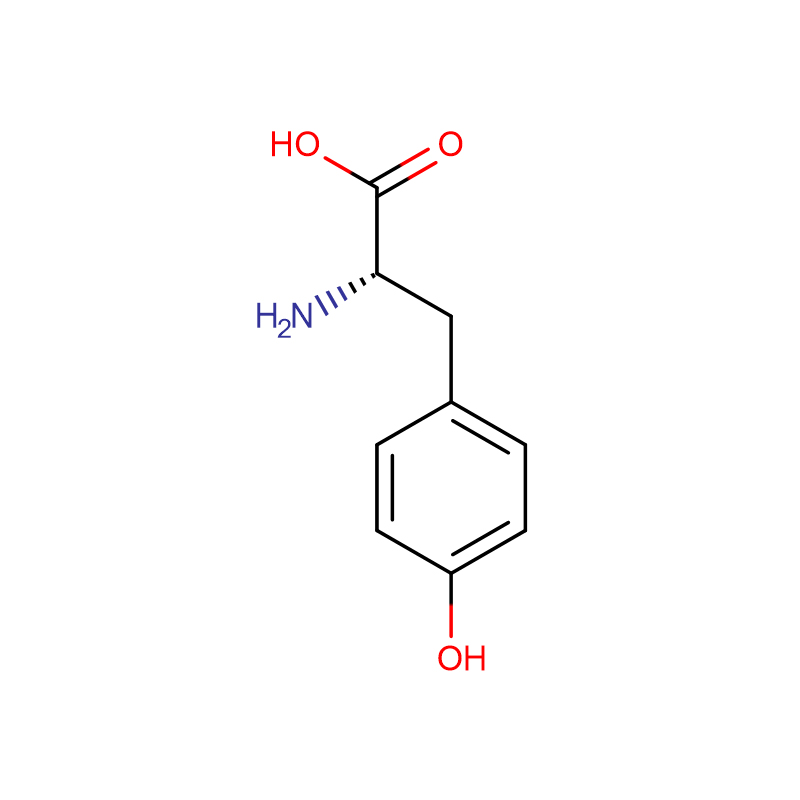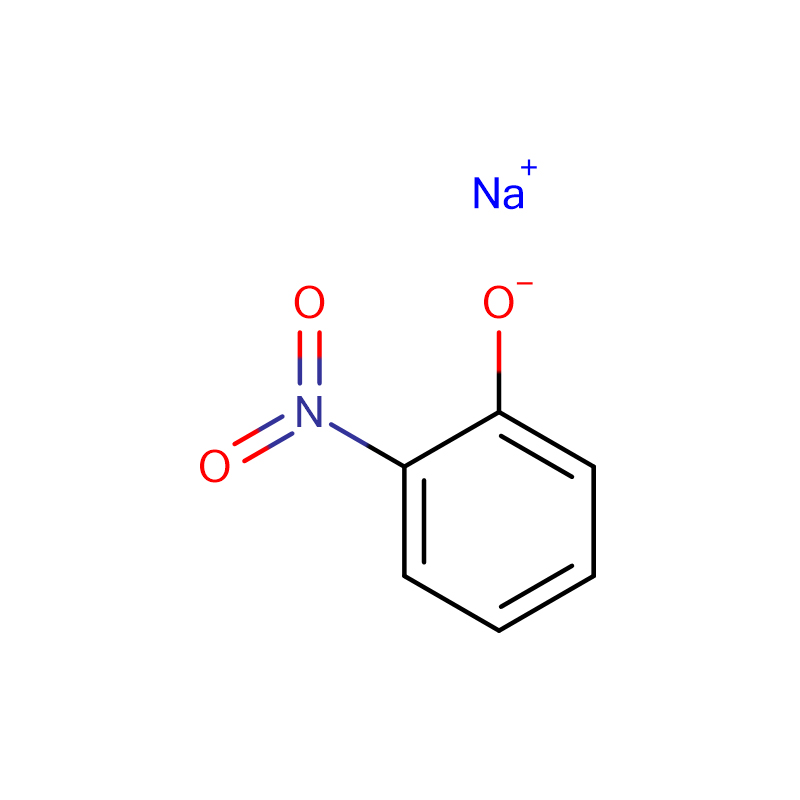Potassium Iodide Cas: 7681-11-0
| Catalog Number | XD92010 |
| Product Name | Potassium Iodide |
| CAS | 7681-11-0 |
| Molecular Formula | KI |
| Molecular Weight | 166 |
| Storage Details | 2-8°C |
| Harmonized Tariff Code | 28276000 |
Product Specification
| Appearance | Yellow powder |
| Assay | 99% min |
| Melting point | 681 °C (lit.) |
| Boiling point | 184 °C(lit.) |
| density | 1.7 g/cm3 |
| vapor density | 9 (vs air) |
| vapor pressure | 0.31 mm Hg ( 25 °C) |
| refractive index | 1.677 |
| Fp | 1330°C |
| solubility | H2O: 1 M at 20 °C, clear, colorless |
| Specific Gravity | 3.13 |
| PH | 6.0-9.0 (25℃, 1M in H2O) |
| Water Solubility | 1.43 kg/L |
| Sensitive | Hygroscopic |
1. Potassium iodide is often used as a synergist for steel pickling corrosion inhibitors or other corrosion inhibitors. Potassium iodide is a raw material for the preparation of iodides and dyes. It is used as a photographic emulsifier, a food additive, as a sputum, a diuretic, a goiter prevention and a thyroid hyperfunction surgery, and as an analytical reagent. It is used as a photographic emulsifier in the photographic industry and also as a pharmaceutical and food additive.
2. Used as a feed additive. As a component of thyroxine, iodine participates in the metabolism of all substances in livestock and maintains the heat balance in the body. Iodine is an essential hormone for the growth, reproduction and lactation of livestock and poultry. It can improve the growth performance of livestock and poultry and promote the health of the body. If the body of the livestock is deficient in iodine, it will lead to metabolic disorders, disorders of the body, thyroid enlargement, affecting nerve function and the coloration of the coat and the digestion and absorption of the feed, eventually leading to slow growth.
3. The food industry is used as a nutritional supplement (iodine enhancer). Can also be used as a feed additive.
4. Used as an analytical reagent, such as preparing an iodine standard solution as an auxiliary reagent. Also used as a photosensitive emulsifier, feed additive. Used in the pharmaceutical industry.
5. Potassium iodide is a co-solvent for iodine and certain poorly soluble metal iodides.
6. Potassium iodide has two main applications in surface treatment: one is for chemical analysis, the medium reduction of iodide ion and some oxidative ion reaction are used to generate elemental iodine, and then the iodine is determined to calculate The concentration of the analyte; the second is for the complexation of certain metal ions, and its typical use is as a complexing agent for cuprous and silver in electroplated copper-silver alloys.
7. The so-called iodized edible salt that we often eat is to add potassium iodide or potassium iodate (in proportion to 20,000) to ordinary salt (pure sodium chloride).
8. Potassium iodide has some special uses in the field of dermatology. Its mechanism of action is partly due to enhanced dissolution and digestion of necrotic tissue. Potassium iodide also has antifungal activity. It is used clinically to treat sporotrichosis, pigmented blastomycosis, persistent nodular erythema, and nodular vasculitis. When using potassium iodide, you should also pay attention to its side effects. It can cause pustules, blisters, erythema, eczema, urticaria, etc. It can also aggravate acne, and of course can cause digestive tract reactions and mucosal symptoms.
9. It is used in medicine to prevent and treat endemic goiter and promote the absorption and sputum of vitreous opacity of the eye. It can also be used as analytical reagents, chromatography, and point pain analysis.
10. Potassium iodide can also measure the ozone concentration, and replace the iodine to make the starch blue.


